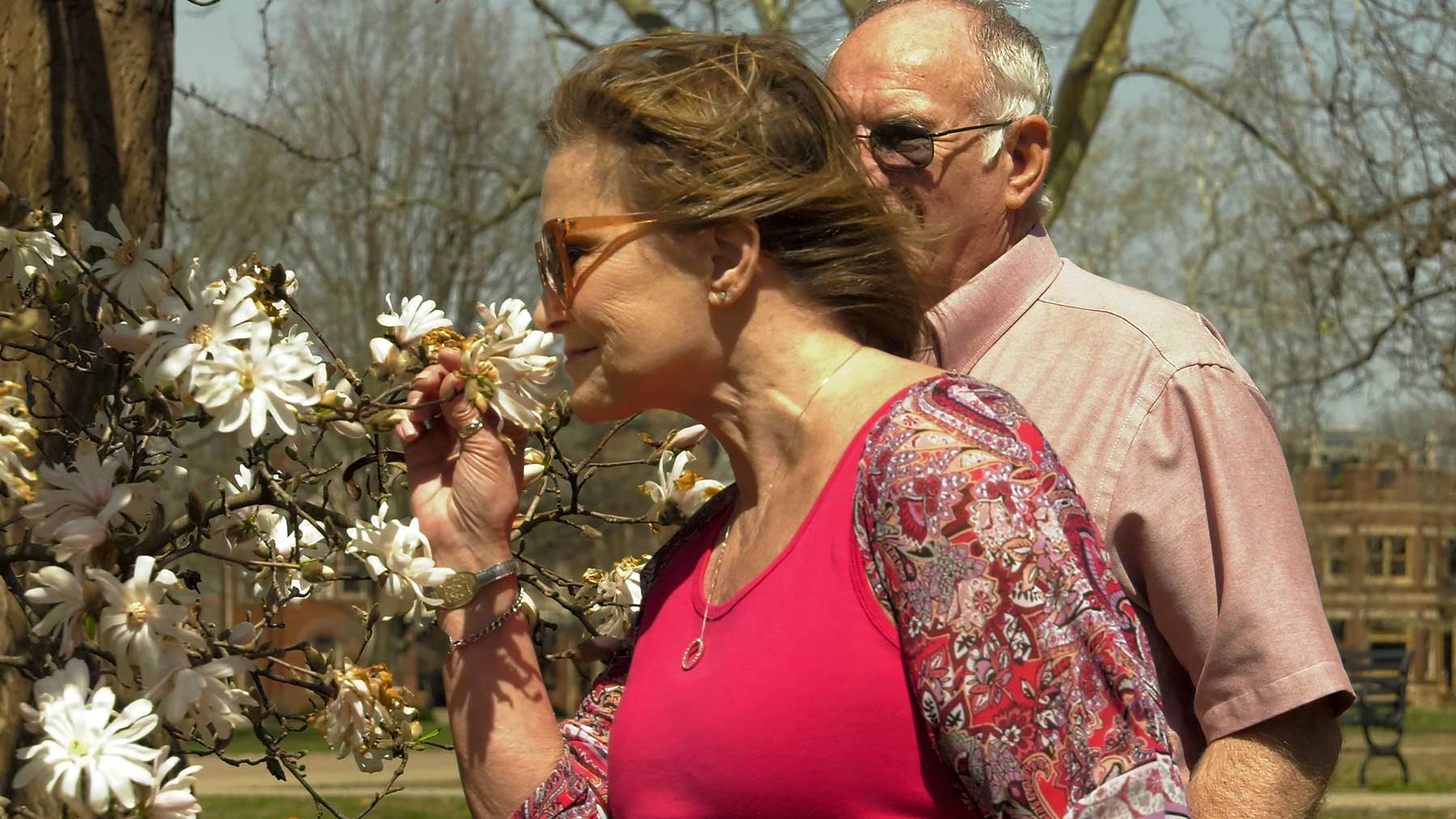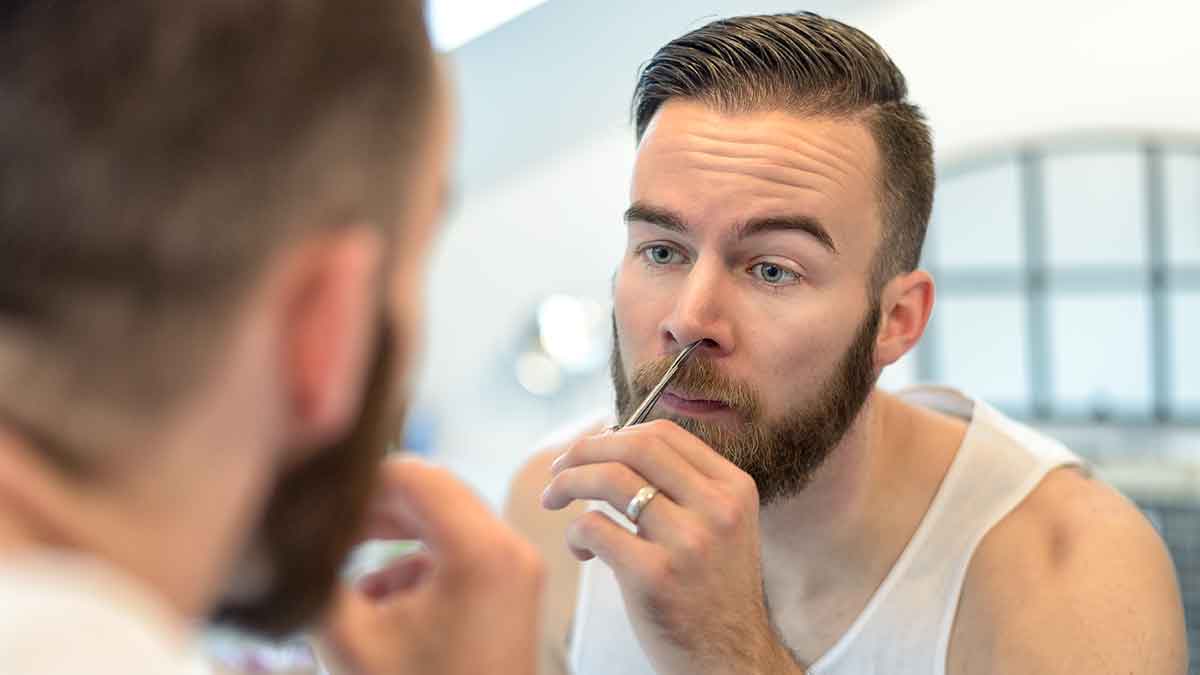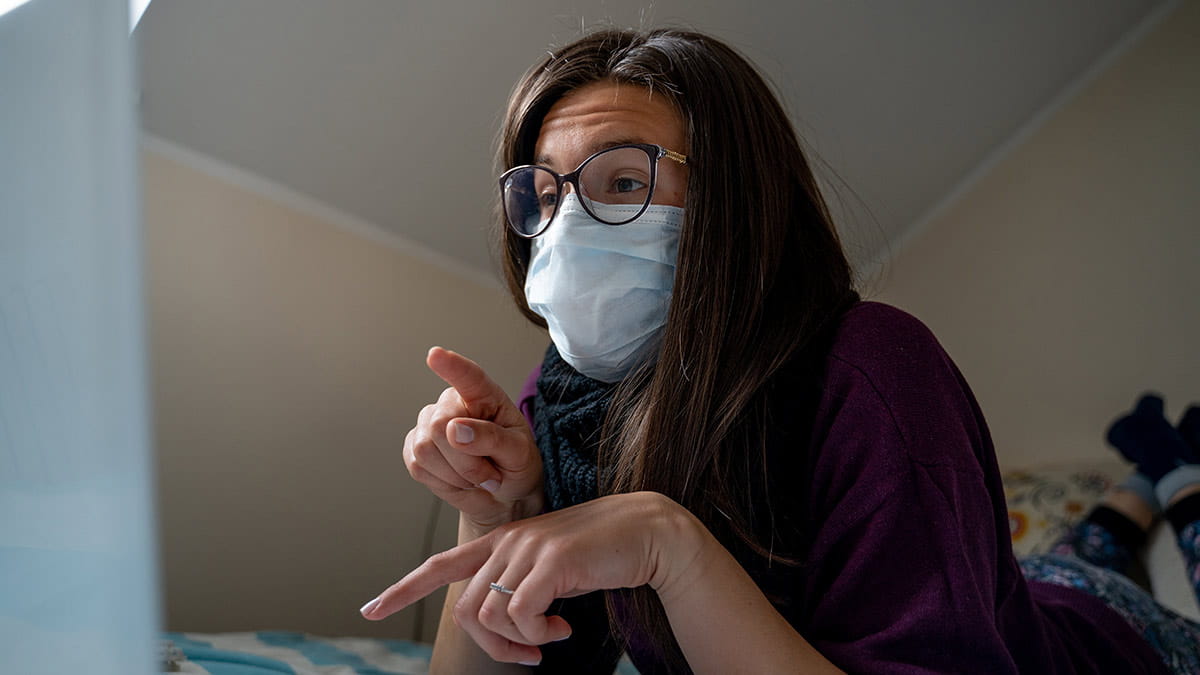How to stop chronic sinus infections

Sinus infections, allergies and a stuffy nose were part of daily life for Heather W. of Columbus. She saw a parade of doctors – even had sinus surgery – but saw very little improvement.
“I always felt congested. I couldn’t breathe well. I couldn’t smell anything or taste food,” says Heather.
Fast-forward to her decision to seek an appointment with sinus care experts at Ohio State. Her life has taken a 180-degree turn, she explains.
“I feel so much better. I still will occasionally get a sinus infection, but I don’t suffer anymore,” says Heather.
What made sinus care at Ohio State different?
Alexander Farag, MD, a rhinologist and otolaryngologist in the Department of Otolaryngology – Head and Neck Surgery, says Ohio State works closely with each patient to correctly identify the pathological process and then create a personalized treatment plan.
What is a sinus infection?
Dr. Farag explains everyone’s sinuses are like rooms in your head with small doorways. People get sinus infections based on how your nasal structure and genetics interact with the environment and other factors. These factors, such as a deviated septum, allergens, biofilms and immune problems, can contribute to swelling and shut those “doors,” setting up repeat infections and possibly affecting breathing.
Sinus infections can lead to a stuffy, congested or runny nose, postnasal drip, discolored mucus, pain or pressure and a decreased sense of smell.
What is the treatment for sinusitis?
Treatment for sinusitis is complicated and begins with accurate diagnosis as well as medications such as steroids, antihistamines and antibiotics. Surgery is reserved for more severe cases when medicines become less effective, says Dr. Farag.
Depending on the patient, asthma control and immunotherapy can be very helpful as well.
What happens if you had sinus surgery, but still don’t feel better?
Many of the patients who visit Dr. Farag have previously had surgery, but have not had improvement - constituting some of the most difficult cases. Before treatment begins, he focuses on helping each patient understand their own unique biology and sinus factors.
“As a fellowship trained surgeon I really enjoy taking on some of the most challenging cases. I am very transparent with my patients and I like for them to see what the inside of their nose looks like so they can begin to correlate how they feel to what is actually going on in their nose as we continue to tailor and personalize their care.”
Personalized care also means starting with taking a culture swab from a patient to develop more individualized antibiotics. If those medications are unsuccessful, then we may look at surgery.
Are there at-home treatments for sinus infections to try before seeing a doctor?
Over-the-counter antihistamines and topical nasal steroids are a great place to start, according to Dr. Farag. If taking those for three to four weeks does not bring relief, then it may be time to see a doctor.
Heather was impressed with the personalized care she received at Ohio State. As a nurse and mom, she appreciated how Ohio State worked with her schedule. Nearly two years after first calling Ohio State, she is thrilled with her progress.
“It’s crazy how much chronic sinus issues affect so much of your body – you don’t even realize it. I was tired, always had trouble breathing. To have that fixed is pretty magical!”
Continued evolving excellence is always the goal of Dr. Farag and other sinus care experts at Ohio State.
“We are always doing research on sinonasal disease and our outcomes to continue to provide the highest level of care. We work closely with allergists to provide comprehensive care. This is only a small component of what has driven us to climb to the top five departments – Ear, Nose and Throat – in the nation, and the best in Ohio.”




